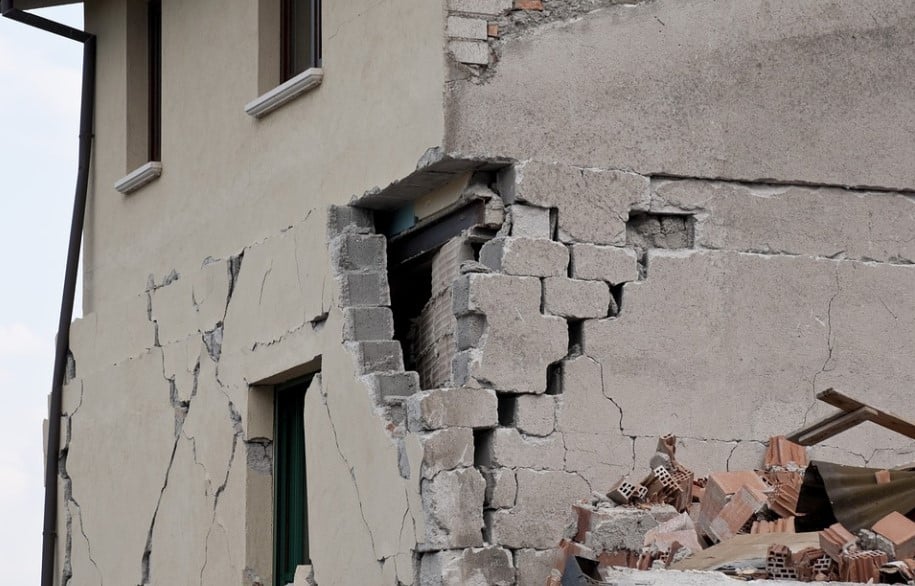An accessory dwelling unit, often called an in-law unit or granny flat, is a secondary living space on a property that can be used for various purposes. In most cases, these units are used as rental properties or for extended family members who want to live close by.
With the frequency of earthquakes in California, it’s no wonder that people are wondering if accessory dwelling units (ADUs) are safe. After all, these units are often built on top of or next to the primary residence, which means they could be susceptible to damage during an earthquake. However, Pedram Zohrevand recommends that you “build them right” by following these guidelines:
Here’s what you need to know.
1. You first need to make sure your ADU is properly built on the foundation.
This will help ensure that it doesn’t come loose during an earthquake and cause even more damage. If you’re unsure how to do this, you can hire a contractor specializing in seismic retrofitting.
2. It’s also important to install flexible pipes and fixtures in your ADU.
This will help reduce the risk of water line breakage during an earthquake. You should also consider installing an automatic shut-off valve so that water doesn’t continue to gush out if a pipe does break.
3. Finally, you’ll want to make sure your ADU is well-insulated.
This will help protect it from falling debris and other damage that can occur during an earthquake. You should also seal any cracks or gaps in the walls and ceilings so that they don’t become larger and cause even more damage.
4. If you follow these tips, your ADU should be able to withstand most earthquakes.
However, it’s always a good idea to have a plan in place in case of an emergency. Make sure you know where the nearest exit is and have a safe place to go if your ADU does sustain damage.
5. You should also have earthquake insurance for your ADU.
This will help cover the repair cost if it sustains damage during an earthquake. Make sure you talk to your insurance agent about this coverage to protect you.
Are these structures safe during earthquakes? Let’s take a look!
First, familiarize yourself with your surroundings. Take note of where the exits are located, and make sure any heavy furniture is securely anchored to the wall. It’s also a good idea to have an emergency kit that includes food, water, and first-aid supplies.
Second, during an earthquake, remember to “drop, cover, and hold on.” This means getting down on your hands and knees, placing your head and shoulders under a sturdy piece of furniture, and holding onto the legs of the piece of furniture until the shaking stops. If you don’t have a sturdy piece of furniture nearby, crouch against an interior wall or lie down on your side in a fetal position. Protecting your head and neck is crucial during an earthquake.
Finally, once the shaking has stopped, evacuate the area immediately. Do not use elevators; instead, take the stairs. Once you’re outside, stay away from power lines and anything else that could fall on you. And if you’re driving, pull over to the side of the road and stop. Do not attempt to drive across a bridge or overpass until you’re certain it’s safe to do so.
One of the main concerns with ADUs is that they are often built on top of garages or other outbuildings. This means that they are not directly attached to the ground, which can make them more vulnerable to shaking during an earthquake. However, this vulnerability can be mitigated by properly securing the ADU to its foundation. Additionally, many building codes now require ADUs to be equipped with their own seismically-rated foundation in order to further reduce the risk of damage during an earthquake.
Final Thoughts!
Overall, while ADUs are not immune to damage during an earthquake, they can be just as safe as any other dwelling type if properly constructed and secured. So if you’re considering adding an ADU to your property, rest assured that your new living quarters can withstand even the strongest shaking.
Due to strict building codes, most accessory dwelling units in California are safe during earthquakes. However, there are some precautions you should take to ensure your safety during a quake, such as familiarizing yourself with your surroundings and having an emergency kit on hand. And remember: during an earthquake, drop, cover, and hold on!

